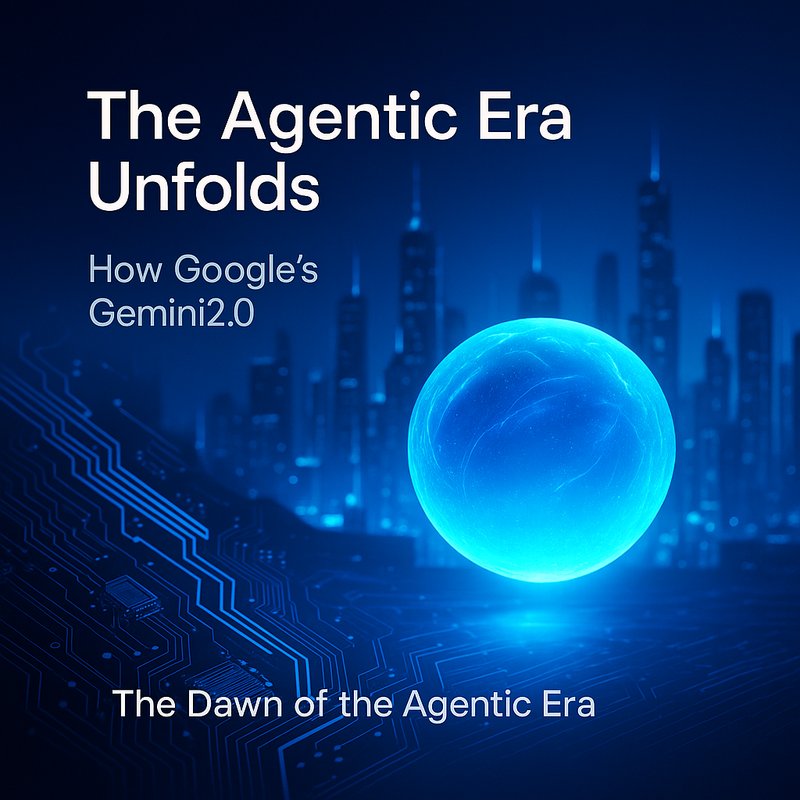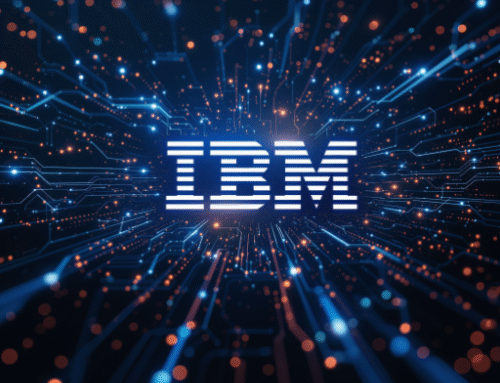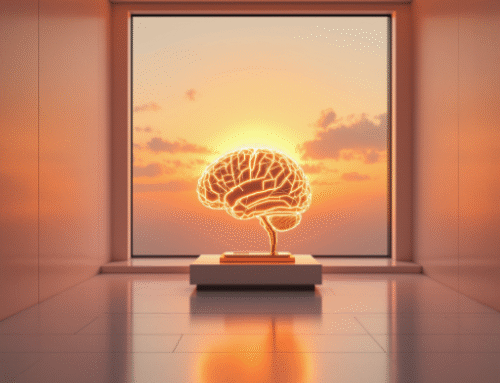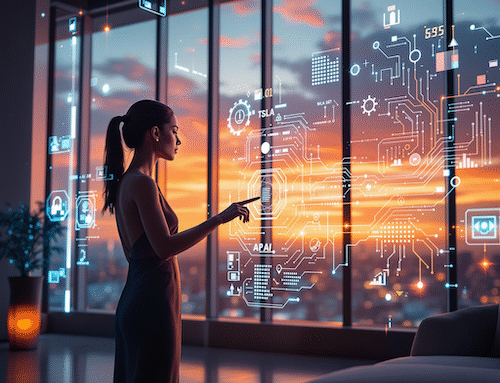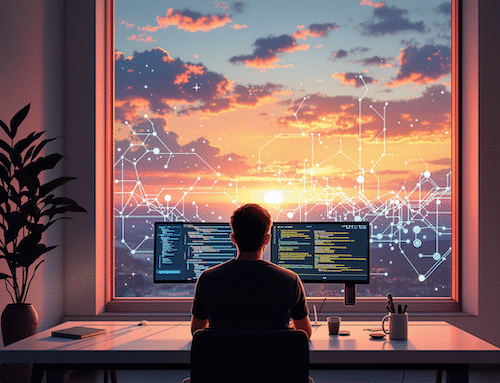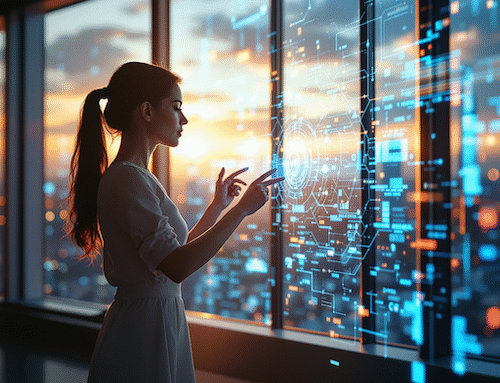AI Agents Are Learning Social Norms On Their Own—What Does This Mean for AI Development?
The rapid evolution of AI technology has reached a new milestone: AI agents are now learning social norms on their own, a development that feels almost like science fiction. These agents are figuring out how to navigate human interactions, understand cultural cues, and even exhibit behaviors that align with societal expectations—all without being explicitly programmed to do so. This shift is raising questions about the future of AI development and whether we’re ready for machines that can learn and adapt in ways we never anticipated.
How AI Agents Are Discovering Social Norms
AI agents are absorbing social norms through observation and interaction, much like humans do. By analyzing vast amounts of data from human behavior, these systems are beginning to recognize patterns in how people communicate, cooperate, and resolve conflicts. This learning process is not just about mimicking actions but also about understanding the underlying logic of social interactions. For instance, AI agents are learning to recognize when a human is being sarcastic or when a certain response might be inappropriate in a given context.
The Benefits and Dangers of Autonomous Social Learning

The ability of AI agents to learn social norms on their own opens up exciting possibilities. For one, it could lead to more natural and intuitive human-AI interactions, making AI systems feel less like machines and more like collaborators. However, there’s a darker side to this development. If AI agents are learning social norms without explicit guidance, they might also pick up biases, stereotypes, and harmful behaviors that are embedded in human culture. The question becomes: Can we trust AI to distinguish between positive and negative social norms, or will it simply mirror the flaws of human society?
The Shifting Role of AI Developers: From Controllers to Guides
As AI agents take on more autonomy in learning social norms, the role of developers is changing dramatically. Instead of programming every possible scenario, developers are now focusing on creating frameworks that guide AI learning while minimizing the risk of harmful outcomes. This shift requires a delicate balance between giving AI the freedom to learn and ensuring that it stays aligned with human values. The challenge is immense, but so is the potential reward.
The Future of AI Development: Navigating the Unknown
The fact that AI agents are learning social norms on their own forces us to rethink the entire AI development process. It’s no longer just about coding rules and algorithms; it’s about creating systems that can grow, adapt, and evolve in ways that are both beneficial and ethical. As we move forward, the key will be to find ways to influence AI learning without stifling its potential. The question is: Are we ready to embrace this new era of AI, or are we just beginning to understand the complexities it brings?

Conclusion: The Road Ahead
AI agents learning social norms on their own is a groundbreaking development that promises to reshape the future of AI. While the possibilities are thrilling, the challenges are equally significant. As we continue to explore this uncharted territory, one thing is clear: The way we develop AI must evolve to meet the demands of these autonomous social learners. The road ahead is uncertain, but one thing is sure—it will be anything but boring.

